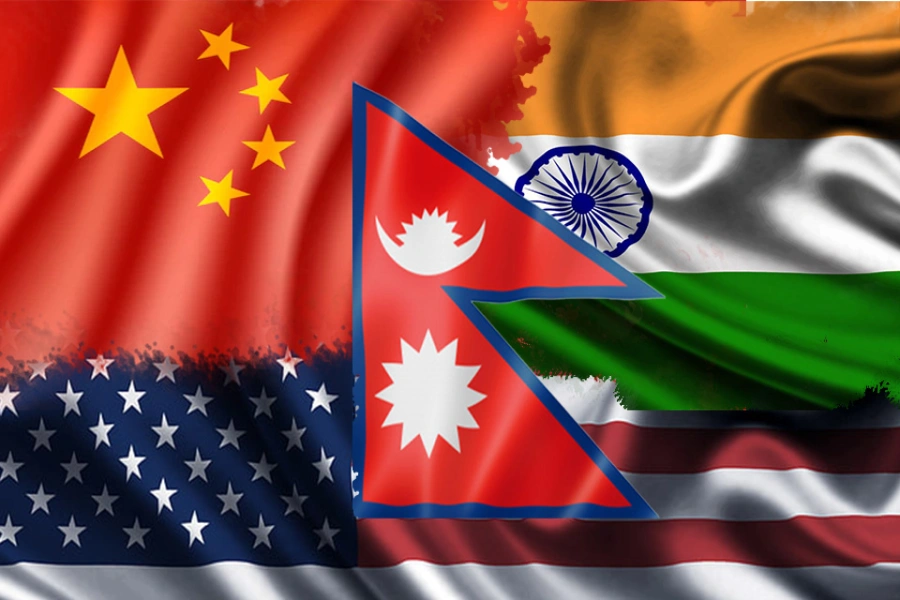KATHMANDU, Oct 17: Non-Resident Nepali Association (NRNA) has used electronic voting machine (EVM) for the first time to elect its new leadership, in Kathmandu on Monday. In the 8th NRNA international conference, which started on Friday, voters simply clicked on the photos of their chosen candidates on the computer screen to nominate their candidates. “
"It is really easier to cast votes in the EVM than in the ballot papers. Though there were delays initially, it has become smooth no”," said Ashok Sharma, a delegate from Denmark, after casting votes.
There is a separate computer set up for trial voting before entering the polling booth to cast real votes.
Sharma, who originally hailed from Baglung of western Nepal, explained“ "Voters can just click one of the two photos of the candidates for the president's post on the computer screen. That leads them to another page displaying the photos of vice presidents' contenders, and so on”."
Time to declare EVMs’ end

Jamuna Ghale, an entrepreneur from Australia, and Bhaban Bhatta, promoter of different businesses in Japan and Nepal, are contesting for the post of president of the NRNA. Ghale is the wife of incumbent president Shesh Ghale. There are total 1,797 voters in the election to choose new leadership for a two-year term.
Switching to the new technology in voting from printed ballot paper by the NRNA may boost confidence of the Government of Nepal as well as different institutions that are still using paper ballots, which is costlier and more time to consume.
The NRNA is also expected to announce the result within few hours after the voting is completed on Monday night.
The Election Commission had used EVM in sample constituencies two decades ago. It has been conducting voter education programs by using EVM but it has not yet embraced the new technology.
The commission has said that it will be using paper ballots in the upcoming federal and provincial elections slated for November and December. The government led by former prime minister Pushpa Kamal Dahal had initiated process of purchasing EVMs for the local election in February, but the attempt was foiled after it was revealed that Dahal was trying to buy such machines without calling competitive bids.
Then, the EC had approached Smartmatic, a UK-based company, to buy EVMs. Representatives of the company had even demonstrated to PM Dahal how their voting machines could be used.
After learning the way of voting through EVM, Dahal had said Nepalis could cast votes by using EVMs just as they were using mobile phones in rural villages.
There was a preparation of using EVMs at the general convention of CPN-UML party in 2014 but the party withdrew from the plan after a group in the party suspected vote rigging by the use of technology.
The Federation of Nepalese Chambers of Commerce and Industries had also used paper ballots in its April elections to choose its leadership. FNCCI officials had said that they did not even discuss using the EVMs for voting.


































